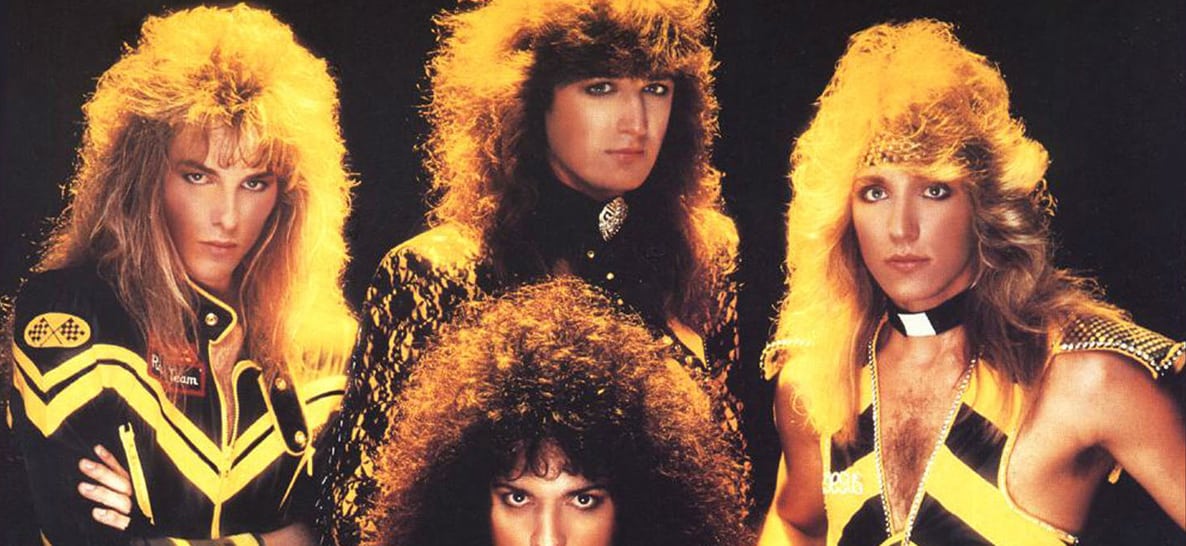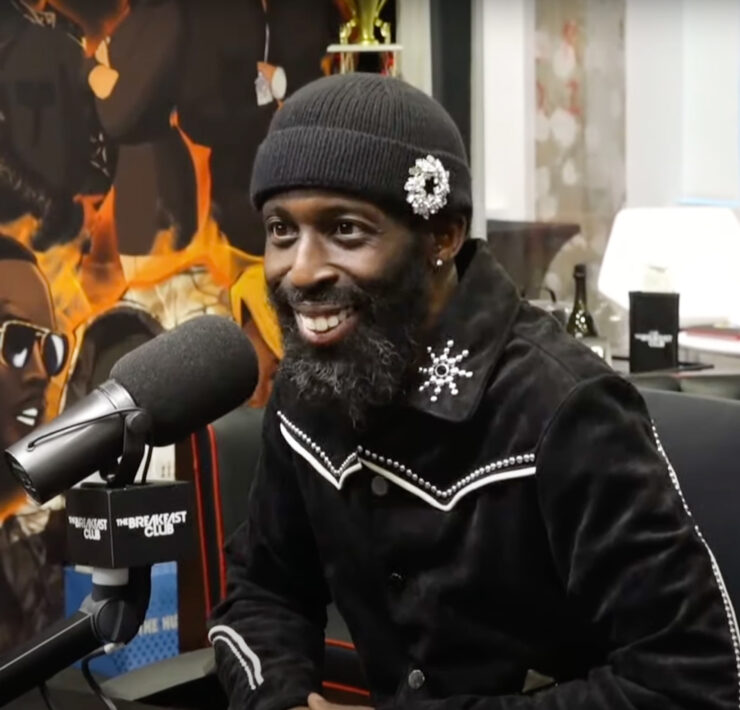
There’s lots of interesting data in the Public Religion Research Institute’s latest poll about American life in 2021, including several interesting revelations about the ways in which White Evangelicals find themselves outliers on important national issues. One of the most striking issues is the “Big Lie” — the belief that the 2020 election was unfairly stolen from former President Donald Trump.
According to PRRI, around 60 percent of White Evangelicals believe the Big Lie — the only religious demographic with a majority to do so. Next up is 40 percent of White Catholics, 37 percent of White mainline Protestants and 29 percent of “other Christians.” Comparatively small percentages of non-White Christians believe the election was stolen, with only about 19 percent of Hispanic Catholic and 18 percent of Black Protestants agreeing.
This is pretty far out of step with mainstream beliefs. Only 31 percent of Americans overall believe that the election was stolen, a number that includes 68 percent of Republicans and just six percent of Democrats. Among those who consider Fox News their most trusted source of news, the number jumps up to 82 percent. Only 44 percent of Republicans who trust other sources of news believe the election was stolen.
There is no evidence for the “stolen election” claim, despite Trump’s numerous declarations to the contrary. Multiple nonpartisan audits across the nation have failed to find any statistically significant evidence of voter fraud. Moreover, as several have noted, elections across the country went terribly for Democrats, with the Republican Party clinching big wins in Virginia and Pennsylvania. If Democrats had the ability and will to cheat in elections, they certainly would have employed it.
Nevertheless, the PRRI poll found that in addition to bogus election fraud claims, QAnon conspiracies continue to inch out of fringe corners of the internet into more mainstream thinking. According to PRRI, around one in five Americans agree with three core tenants of QAnon thinking: “There is a storm coming soon that will sweep away the elites in power and restore the rightful leaders” (21 percent), “The government, media and financial worlds in the U.S. are controlled by a group of Satan-worshipping pedophiles who run a global child sex-trafficking operation” (18%) and “Because things have gotten so far off track, true American patriots may have to resort to violence in order to save our country” (18%).
White Evangelicals are most likely to agree with those tenants (23 percent) followed, interestingly enough, by “non-Christian religious Americans” (21 percent). Other religious demographics like Hispanic Catholics (18 percent), Black Protestants (16 percent) and White Mainline Protestants (13 percent) are quite a bit less likely to agree with Q conspiracies.
In other words, if you attend a predominantly White Evangelical Church, statistically speaking, around one in five members of the congregation holds to some tenants of Q (even if they wouldn’t necessarily consider themselves to be associated with QAnon). That’s enormously pertinent to the health of thousands of local churches across the country, and should probably have an impact on how church leaders address the people sitting in their pews.






















